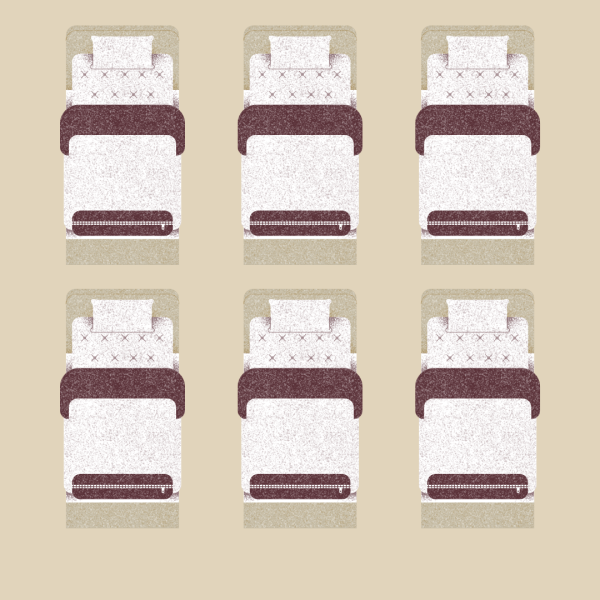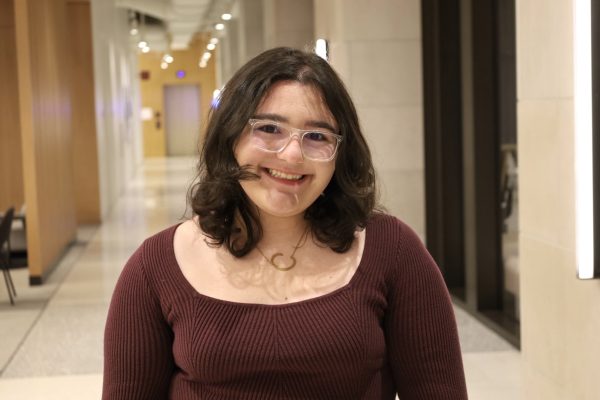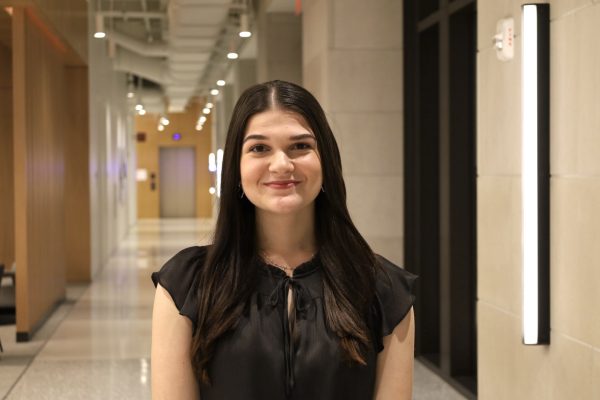Music: A Connecting and Stabilizing Force
Am I the only one that can’t do a simple task without listening to music? Whether cleaning, doing homework, driving to school or cooking dinner, listening to music is the only way my brain can function. Even writing this article, my earbuds are in, and the world around me is shut out. Music is a safe space that allows me to focus on the task at hand, and I don’t think I’m alone when I say that. Anywhere you look, a member of a younger generation likely has music playing, allowing the world to keep revolving as they zone out to their favorite song. A person’s favorite songs tell a story of who they are, and I believe it is one of the purest ways to connect on a human level. Music is an art that deserves to be interpreted by each mind that listens to it, and these interpretations bring us closer together.
More often than not, my mother will ask “How can you listen to music while doing homework?” or “Why is the TV on when you’re not even watching it?” Many believe music can distract from any task at hand. I disagree with them. To be honest, I need the background noise to keep my attention rather than distract it. Music relieves the pressures of challenging tasks, tuning into the part of the brain on the brink of overload.
The flexibility of music is what makes it all the more valuable. We can create playlists curated for different moods and intensities of the situations we find ourselves in. For example, when I took an art history course in my freshman year, I tended to listen to classical music while doing homework; the artwork inspired me to be in touch with a classical ambiance. When I’m cleaning or cooking, I’ll blast rap or hip-hop to keep the energy high and the mundane task fun. However, this is all subjective, and I think it’s fascinating learning about the ways people use different kinds of music to cope with their everyday challenges.
Music also connects us. The ability to share and stream songs to virtually anyone in the world plays into this factor. The music reviews you see in the Culture section of this paper are my favorite; the choice of music and how the writer analyzes it speaks volumes about that person’s character. When meeting someone new, one of my favorite talking points is our favorite kinds of music (my usual response is “anything but country”). Music then becomes an identifier for an individual; you can learn a lot about a person when they discuss a specially curated playlist they made. The moment when you realize someone else listens to an artist or song you love is full of excitement. What’s even better is allowing someone else to develop your taste, introducing you to new genres and artists. By doing so, you are allowing that person into the story of your life, influencing what you listen to and how you will appreciate it.
As far as my Spotify goes, it’s all over the place. However, I’m still proud of the library I’ve created for myself. A majority of the music I still listen to comes from the people I have surrounded myself with, and everytime I listen to that music a small part of me is reminded of them. The love song from an ex-boyfriend, the club music that gets me excited for a night out and the ’80s music I’ve listened to my entire life because of my parents, all took part in forming who I choose to identify as, and how to go day to day appreciating it. I want to end off by saying: never be ashamed of your taste in music, it’s a beautiful part of who you are. And, if you ever see me around, tell me your favorite song!

Amanda Yarolin is a junior from Yonkers, N.Y., majoring in biology on the pre-health track. She began as copy editor for the Ram in the Fall 2021 semester...














